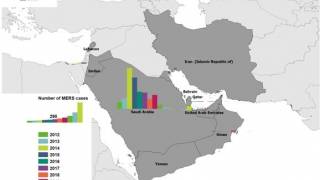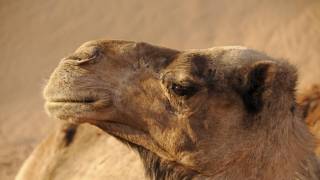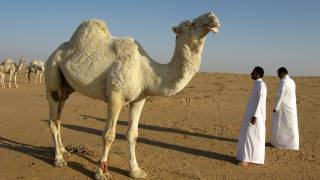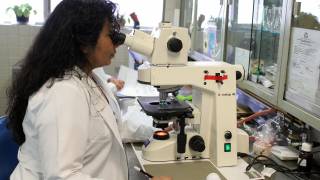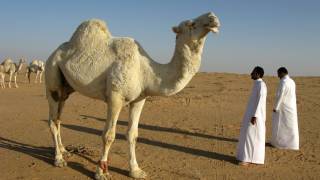Another MERS Case Confirmed in Oman
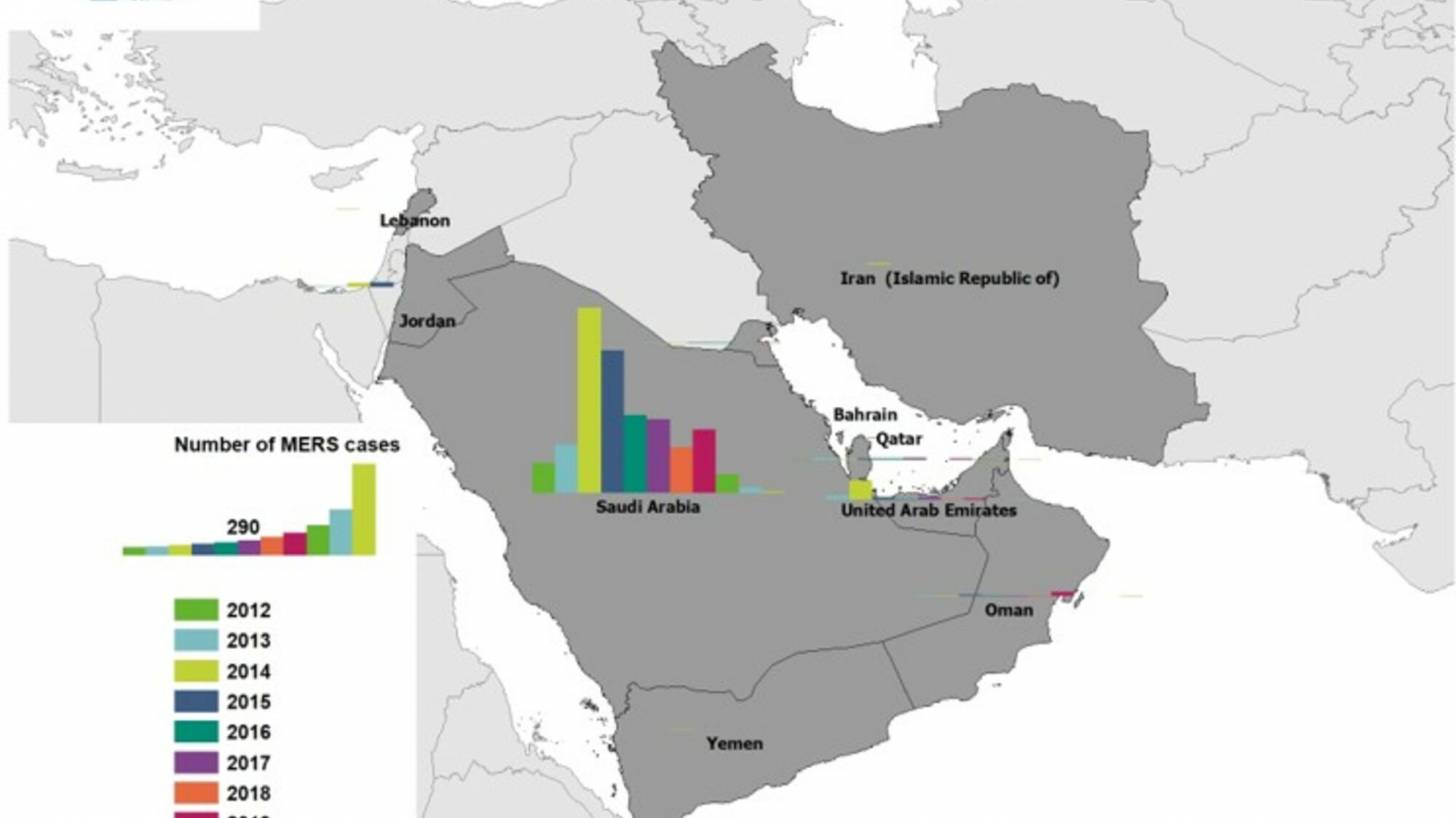
An unexpected Middle East respiratory syndrome (MERS) case was recently reported in the Arabian Peninsula by the North Batinah Governorate in Oman.
Humans are generally infected with MERS Coronavirus (CoV) after direct or indirect contact with dromedary camels, the natural host, says the World Health Organization (WHO).
However, MERS-CoV has demonstrated the ability to be transmitted between humans.
But outside of healthcare settings, there has been limited human-to-human transmission.
This new MERS-CoV case, announced on February 8, 2023, had no history of physical contact with dromedaries, goats, sheep, or contact with camel products, milk, or urine.
This 60-year-old male, a non-healthcare worker with comorbidities, developed symptoms including chest discomfort and shortness of breath in late December 2022.
The case investigation did identify potential exposure sources before symptom onset.
Camel racing exercises were found to have been conducted in the area of the patient’s residence.
And seven of 76 close contacts developed mild respiratory symptoms (five healthcare workers and two family members). These seven cases have been tested for MERS-CoV by RT-PCR, and the results were negative.
The first ever laboratory-confirmed case of MERS-CoV in Oman was reported in 2013.
Since then, including this current case, Oman has reported 26 cases of MERS-CoV, including seven deaths (CFR 27%).
The total number of laboratory-confirmed MERS-CoV infection cases reported globally to the WHO is 2603, including 935 associated deaths (CFR 36%) as of December 2022. Most of the reported cases have occurred in countries in the Arabian Peninsula.
A typical presentation of MERS-CoV disease is fever, cough, and shortness of breath. Pneumonia is a common finding but not always present.
The virus appears to cause more severe disease in older people, persons with weakened immune systems, and those with chronic diseases such as renal disease, cancer, chronic lung disease, and diabetes.
Severe illness can cause respiratory failure that requires mechanical ventilation and support in an intensive care unit, resulting in high mortality.
As of February 9, 2023, no vaccine or specific treatments are available, although several MERS-CoV-specific vaccines are in development. Treatment is supportive and based on the patient’s clinical condition.
And the WHO does not advise specific MERS-CoV screening at points of entry about this event, nor does it currently recommend the application of any travel or trade restrictions.
But the U.S. CDC does list MERS as a health risk when visiting Oman.
Our Trust Standards: Medical Advisory Committee


